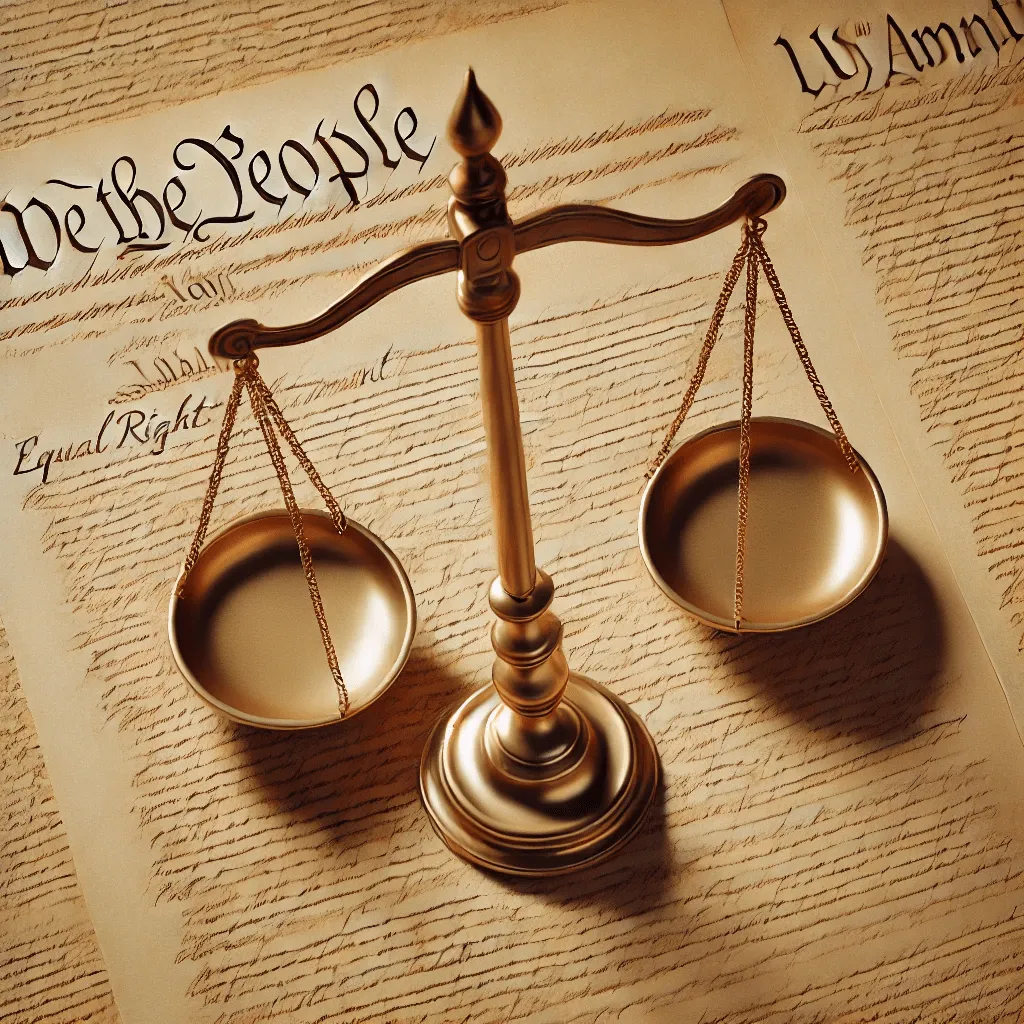Is the Constitution Under Threat? Unpacking America’s Legal Crisis
In an era of unprecedented political tension and societal transformation, the United States Constitution finds itself at a critical crossroads. The foundational document that has guided American democracy for nearly 250 years is facing challenges that test its very essence and adaptability.
The Shifting Constitutional Landscape
The current legal environment presents a complex tapestry of challenges that threaten the core principles of constitutional governance. Recent Supreme Court decisions have dramatically reshaped the interpretation of fundamental rights, creating unprecedented tensions between traditional constitutional interpretations and contemporary social realities.
Key Challenges Emerging
-
Voting Rights Erosion
- Increasing state-level restrictions on electoral participation
- Debates over voter identification laws
- Gerrymandering challenges
-
Civil Liberties in the Digital Age
- Privacy concerns in technological surveillance
- First Amendment challenges in social media platforms
- Balancing national security with individual freedoms
Supreme Court’s Pivotal Role
The Supreme Court has become a critical battleground for constitutional interpretation. Landmark rulings on issues like abortion rights, gun control, and campaign finance have demonstrated the court’s profound impact on American legal frameworks.
“The Constitution is not a mere legal document, but a living testament to our democratic ideals.” – Constitutional Scholar
Political Polarization and Constitutional Integrity
Unprecedented political divisions have exposed significant fault lines in constitutional understanding. The increasing ideological divide has transformed constitutional interpretation into a battleground of competing narratives, challenging the document’s fundamental neutrality.
Emerging Tensions
- State vs. Federal Power Struggles
- Conflicts over public health mandates
- Educational policy disagreements
- Regulatory authority challenges
Technology and Constitutional Rights
The digital revolution has introduced complex new dimensions to constitutional protections. Misinformation, data privacy, and technological surveillance represent unprecedented challenges to traditional constitutional frameworks.
Digital Disinformation Threats
- Undermining democratic processes
- Manipulating public discourse
- Challenging information integrity
Social Movements and Constitutional Evolution
Contemporary social movements like Black Lives Matter and climate activism are actively reinterpreting constitutional principles. These movements challenge historical interpretations and demand more inclusive constitutional understanding.
Youth Engagement
Younger generations are demonstrating unprecedented engagement with constitutional discourse, bringing fresh perspectives to long-standing legal debates.
The Path Forward
Addressing these constitutional challenges requires:
- Enhanced civic education
- Robust public dialogue
- Commitment to democratic principles
- Adaptive legal interpretation
The Constitution’s strength lies not in its immutability, but in its capacity for thoughtful evolution.
Conclusion
The United States stands at a critical juncture. While constitutional challenges are significant, they also represent opportunities for deeper understanding and more inclusive democratic practice.
The future of American democracy depends on our collective ability to engage critically, compassionately, and constructively with our foundational legal document.
About the Author: This analysis is based on extensive research from constitutional scholars, legal experts, and contemporary political analysis.
Disclaimer: The views expressed represent an analytical perspective and do not constitute legal advice.






Leave a Comment